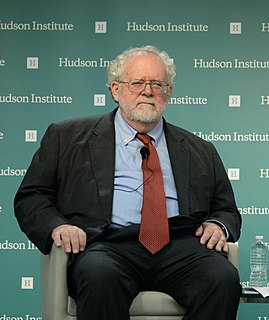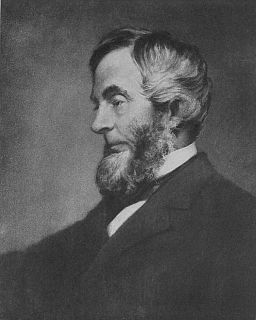A Quote by John Lennon
If I'd lived in Roman times, I'd have lived in Rome. Where else? Today America is the Roman Empire and New York is Rome itself.
Related Quotes
When Edward Gibbon was writing about the fall of the Roman Empire in the late 18th century, he could argue that transportation hadn't changed since ancient times. An imperial messenger on the Roman roads could get from Rome to London even faster in A.D. 100 than in 1750. But by 1850, and even more obviously today, all of that has changed.
We're talking about, essentially, the Roman historians, who wrote Cleopatra into the story mostly so that they could talk about the rise of Rome. And that is one of the problems, of course, in recounting her life. She's only ever apparent to us when there is a Roman in the room, or when her story intersects with the rise of Rome.
In the agreement to rescue Rome [i.e., the Roman Catholic Church's hierarchy] from the predicament of losing its world control to Protestantism, and to preserve the spiritual and temporal supremacy which the popes [had] 'usurped' during the Middle Ages, Rome now 'sold' the [Roman Catholic] Church to the Society of Jesus [i.e., the Jesuits]; in essence the popes surrendered themselves into their hands.
Citizens of Rome might boast that the claim of 'Civus romanus sum' set them apart from barbarians and slaves, and it was true up to a point, but Roman citizens lived in a society that accepted pain, cruelty, and torture as the norm, and in which there was no suggestion of equality at birth or mercy in the afterlife.




































